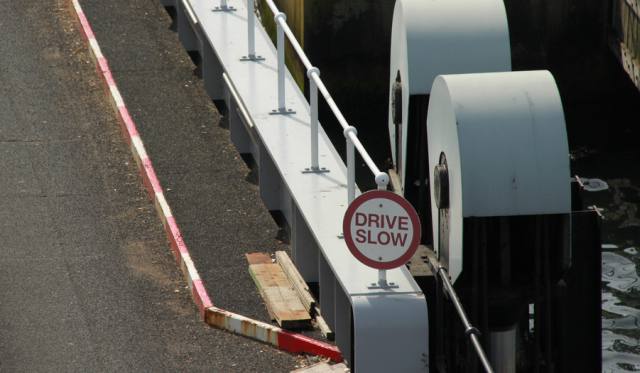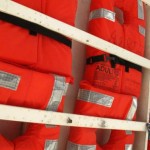Leader of the Isle of Wight council, David Pugh, has included a motion at next week’s full council meeting concerning cross-Solent travel.
Councillors will be asked to approve a motion to urge the Government to “allocate capital funding to the future infrastructure needs of the ferry services to the Island, and urge the Government to recognise the economic importance of these routes as being on a par with the future of the highway and railway networks.”
Public outcry at service cuts
Readers will remember the public outcry at Wightlink’s decision to cut late night/early morning services from the New Year and Cllr Edward Giles’ appeal at the November full council meeting, when he called on members of the public and media not to scare off visitors by talking publicly about the service and fare issues.
The following month, Cllr Pugh announced the council’s intention to set up a group to buy a stake in one of the ferry companies.
Motion on the agenda
Cllr Pugh’s motion asks:
That Council
1) Notes the continuing public concern regarding the reduction in frequency of ferry sailings to and from the Island, particularly the early morning and late night crossings which are recognised as supporting the Island’s economy and the flexibility of employment opportunities
for residents.2) Agrees that the Council should work towards achieving improvements in the affordability and frequency of cross-Solent services offered to Island residents and businesses, and that any such steps must be grounded in the reality of what is likely to be achievable in the context of current and any likely future legislative, budgetary and economic factors.
3) Notes that Government funded subsidies are unlikely to be secured for these routes (as recently indicated by the Department for Transport), and that any public funds would be more appropriately directed to securing lasting economic investment that would generate increased volumes of ferry users, thus improving the future viability of regular routes.
4) However further notes that the Government provides support for other elements of the country’s public transport infrastructure, such as a fuel duty rebate for bus operators and capital investment in the rail network.
5) Therefore resolves to:
a. Urge the Government to recognise that ferry services operating within England should be treated with a similar strategic status, in terms of being vital infrastructure routes, to England’s bus and train networks;
b. Ask the Isles of Scilly Council to join this campaign as the other English local authority representing an area facing similar challenges with the frequency and affordability of ferry services;
c. Explore with the Government how the operational costs associated with running these ferry services could be reduced and stabilised, such as through the introduction of a “fuel price stability” mechanism, possibly involving a bulk and forward buying element for fuel;
d. Seek a firm commitment from the ferry operators that any financial benefit that would arise from (c) above would result in tangible benefits being passed onto ferry users, particularly in the provision of sufficient early morning and late night crossings that are required for the economic and social wellbeing of Islanders;
e. Make the case for the Government to allocate capital funding to the future infrastructure needs of the ferry services to the Island, and urge the Government to recognise the economic importance of these routes as being on a par with the future of the highway and railway networks.
Image: Bortewscristian under CC BY 2.0




